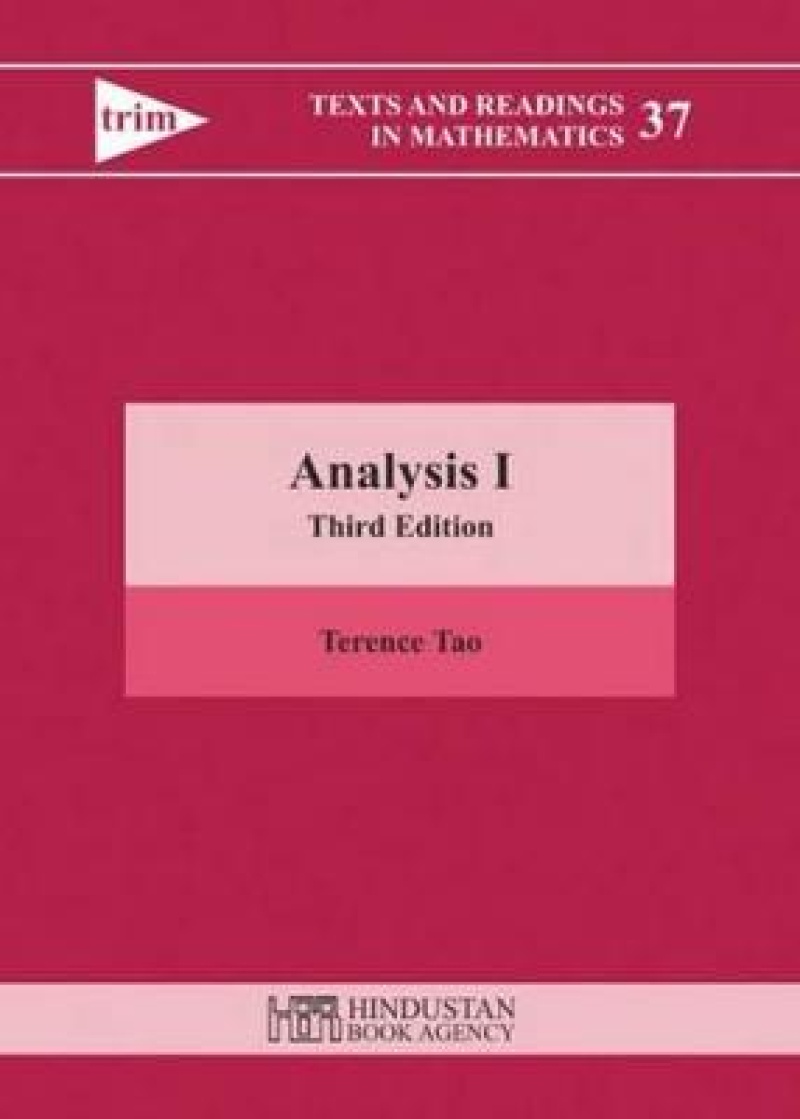Produktdetaljer
ISBN
9789380250649
Publisert
2014-09-30
Utgave
3. utgave
Utgiver
Hindustan Book Agency
Høyde
254 mm
Bredde
178 mm
Aldersnivå
P, 06
Språk
Product language
Engelsk
Format
Product format
Innbundet
Antall sider
368
Forfatter
